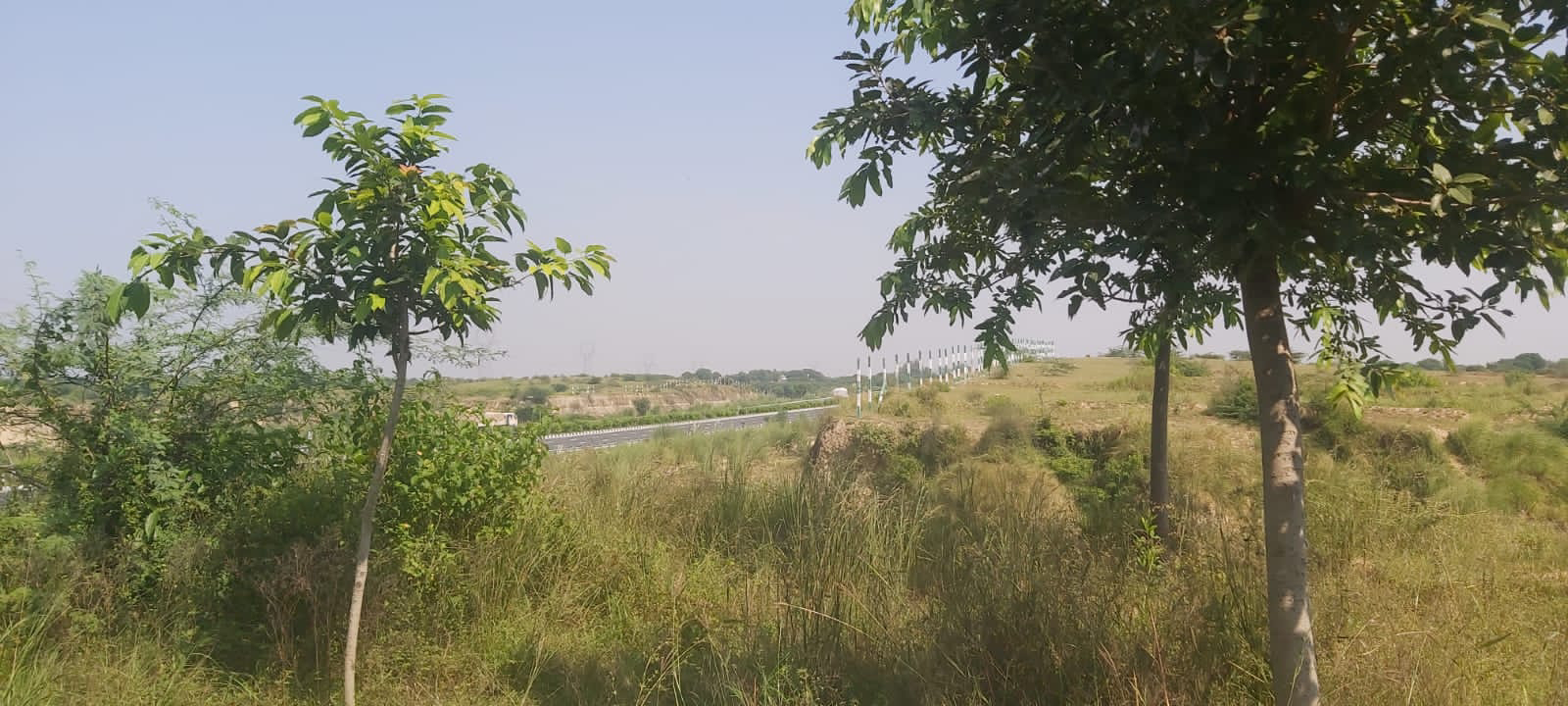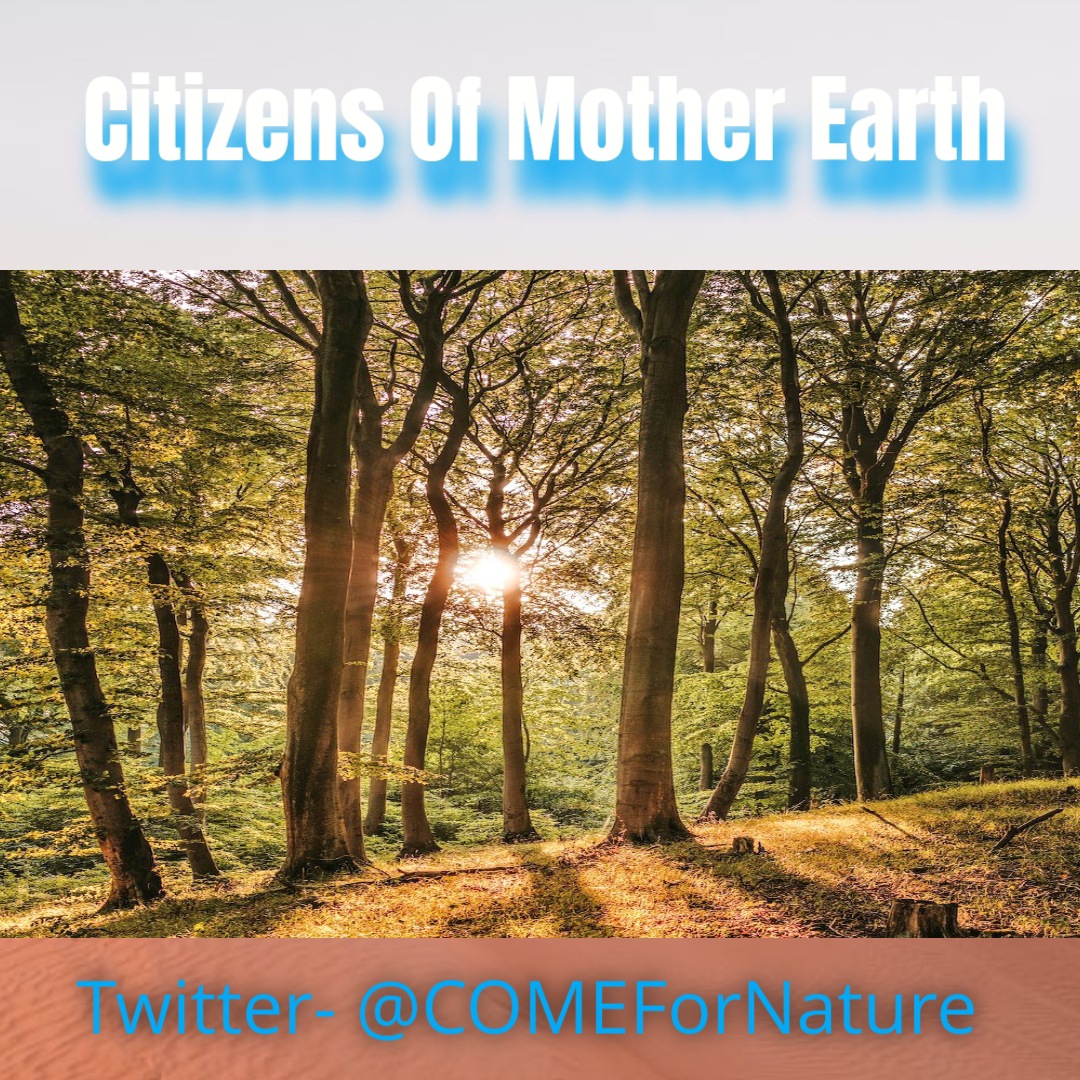Peace On A Land
"We need peace, now more than ever.
In 2023, let’s put peace at the heart of our words and actions." - Antonio Guterres
Peace and security are basic needs for a better tomorrow. Everyone needs these two, everyday. Violent conflict, insecurity, and political instability are making life hell in many parts of the world; the current examples are Afghanistan and Ukraine. World needs peacebuilding efforts to establish peace in such regions. In the words of Eleanor Roosevelt, “it isn’t enough to talk about peace. One must believe in it. And it isn’t enough to believe in it. One must work at it.”
Here are some suggestions for a peaceful world:
1- Conflict in a nation or region starts when people can’t trust the police and the system or get justice, and their lives are stolen by the corrupt system. Such conditions create a battleground against the system. Government should stop the negligence, abuse and stigmatisation of their citizens. Media and social media must stop spreading hate. Everyone should do what they can to stop violence, and establish peace.
2- Gender gap plays a very important role in maintaining peace. The larger a country’s gender gap, the more likely it is to be involved in violent conflict, according to "Sex and World Peace" (2012). Gender inequality affects the GDP, level of democracy, ethnic-religious identity, and finally peace.
3- The impact of women’s participation on peace and security outcomes remains poorly understood. For example, women made up just two percent of mediators and nine percent of negotiators in official peace talks between 1992 and 2011. Just two percent of funding dedicated to peace and security goes to gender equality or women’s empowerment.
Educated women can participate in political discussions, development meetings and security decisions, and help form a government that equally represents and respects its citizens. Women’s inclusion helps prevent conflict, create peace, and sustain security after war ends. Since 1990, eleven women have been awarded the Nobel Prize For Peace.
Denial of women's rights and women's respect in a nation means the dawn of a draconian and barbarian government by inhumane persons, where there would be no place for gender equality and peace. Feminists, from Afghanistan, Sudan, Iran, and other parts of world (where women’s rights most violated), are raising voice for women’s rights.
In Afghanistan, Taliban takeover of Kabul on 15 August 2021 and erased years of progress towards national peace, development and security. Heartbreaking rules of Afghanistan's current government against girls and women systematically erased women rights from Afghan society; government passed laws for mandatory face coverings, banning education and most jobs, and dismantling all institutions that protected and promoted the rights of women and girls. But some brave educated women like Fawzia Koofi, Habiba Sarabi, Maryam Rayed, and Crystal Bayat started raising the voice for women's rights in Afghanistan. Their efforts will not go in vain; one day the system will change, and women's of Afghanistan will regain their rights and Afghanistan will re-establish democracy and peace.
Women's empowerment and gender equality are associated with peace and stability in society. Gender equality is a better indicator of a state’s peacefulness than other factors like democracy, religion, or GDP.
4- According to a World Bank survey, 40 percent of those who join rebel groups do so because of a lack of economic opportunities. The systematic transfer of wealth, and employment opportunities may improve the security for everyone.
5- World is facing a climate crisis due to climate change. Such crises have posed various forms of security challenges, such as drought, heavy precipitation, wildfires, cyclones etc. Anthropogenic activities have altered the earth’s climate system; we have entered a new era, the Anthropocene. The fifth assessment report of the Intergovernmental Panel on Climate Change (IPCC) concluded that Climate Change would lead to large levels of migration with security threats, violent conflicts for water, land and food, and challenges for transport and energy infrastructure, and national & international security policies.
India registered 2,227 deaths due to the impact of extreme weather in 2022. It was the fifth warmest year on record, in India, since 1901.
Emerging Infectious Diseases, EID, are recent threats to our health system as well as to peace. Anthropogenic Climate Change is responsible for EID. If our health infrastructure is not prepared for future pandemics then such condition would cause discontent among citizens and finally a challenge for peace.
According to Stockholm International Peace Research Institute or SIPRI, different policy areas such as foreign affairs, development cooperation, defence, humanitarian aid, trade, the economy and agriculture are now being affected by climate change. The success of mitigating climate change and developing adaptive capacity to its impacts would be crucial to achieve the Sustainable Development Goals (SDGs) of the United Nations.
A functioning climate deal for a truly climate neutral world, that the world leaders could draft and act on, would be the real peace deal for humans, biodiversity, ecosystem, Nature, and a better future.
6- According to the International Campaign to Abolish Nuclear Weapons (ICAN), the proliferation of arms results in conflict and violence, and finally the death of innocent world citizens. Arms treaty signatories must be held responsible in case of violations and it should be treated as violation of peace.
7- If the government expects people not to resort to violent and retaliatory methods to protest policies, then people should be allowed to express their views on such policies in a peaceful and non-violent manner. Constructive dialogue with them will help in reforming the system and establishing peace in the society.
8- Protest against the prevailing prejudice and discrimination should not be treated as an act against the government but as an opportunity to reform and establish peace in the society.
9- Education promotes peace. Confucius said: “Education breeds confidence. Confidence breeds hope. Hope breeds peace.” Education inspires problem solving skills, and can provide innovative solutions and alternatives to violence. According to UNESCO, income would be higher in countries' having education for all. If poverty gets reduced, violence would transform into peace.
10- Lasting peace is not achieved and sustained by military and technical engagements, but through political solutions. Political solutions ensure positive peace which involves preventing or ending violence including cultural violence.
Peace is an ongoing process for which efforts should be continued & never ending. In the words of Albert Einstein, “Peace cannot be kept by force, it can only be achieved by understanding.” For peace on Earth, every citizen has to work for it. Great Saint of India, Neeb Karori (Neem Karauli) Maharaj of Nainital, once given great mantra for peace, "if you want peace, never expect others to change. Change yourself." If citizens of a disturbed land get dedicate themselves for peace then nobody can stop them from establishing peace on land.




Comments
Post a Comment